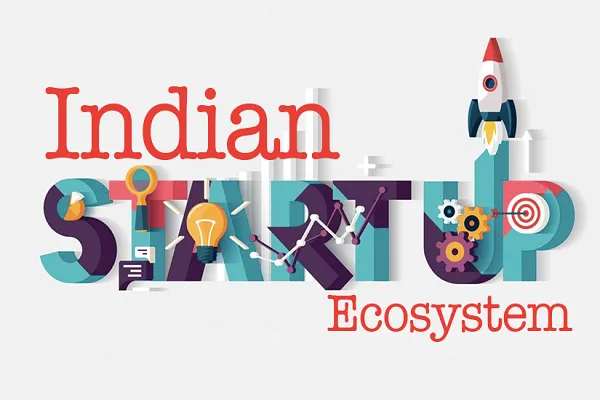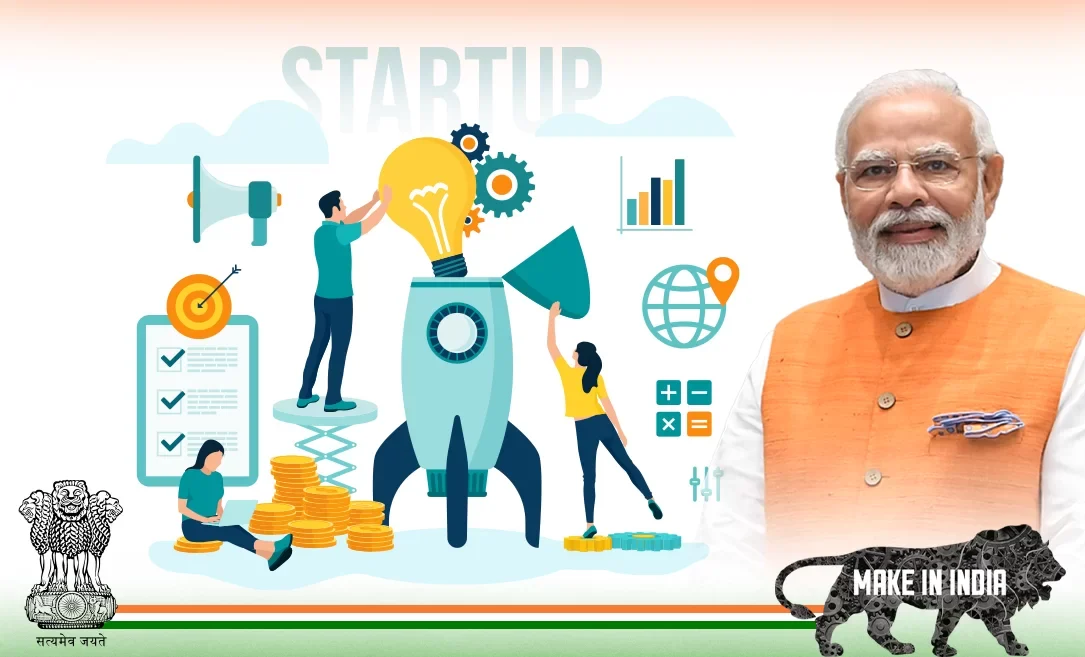The startup ecosystem has significantly influenced economies around the world, and India is no exception. In recent years, India has become one of the top three countries globally in terms of the number of startups. With a rapidly growing young population and increasing access to technology, India’s startup ecosystem has flourished, supported by investments from both local and international sources. Between 2005 and 2015, the total venture investment in startups in India was estimated at ₹1117 billion, with more than 10,000 startups receiving funding. This article will explore the trends, challenges, and opportunities within India’s startup ecosystem.
The rise of India’s startup ecosystem
India’s startup ecosystem is one of the most dynamic and fast-growing in the world. With an average annual growth rate of 42% in venture investments from 2005 to 2015, the country has proven itself to be fertile ground for innovation and entrepreneurship. The number of startups receiving funding grew by 16% annually during this period, reflecting strong investor interest in India’s entrepreneurial landscape.
India’s startup sector spans multiple industries, including technology, healthcare, consumer goods, and telecommunications. What sets India apart is its ability to adapt global business models to local conditions. In many cases, Indian startups have been able to replicate the success of foreign counterparts by addressing the specific needs of local consumers, allowing them to thrive without waiting for international companies to establish operations in India.
Challenges facing India’s startup ecosystem
Despite its rapid growth, India’s startup ecosystem faces several challenges. One of the most significant hurdles is the low proportion of startups that receive funding compared to global standards. For instance, in sectors like grocery tech and healthcare, the percentage of global startups securing funding is significantly higher than that of Indian startups in the same sectors.
Another challenge is the time lag between the development of global and Indian startups. While India has a vibrant startup scene, the growth and funding of Indian startups often occur later than their global counterparts. This delay in securing capital can limit the growth potential of Indian startups in their early stages.
The role of incubators and accelerators in the startup ecosystem
Incubators and accelerators play a crucial role in nurturing startups and strengthening the overall ecosystem. In India, about 56% of incubators are housed in universities, highlighting the importance of academic institutions in fostering innovation. These university-affiliated incubators support nearly 58% of all startups being incubated, providing access to research and development resources that are often out of reach for fledgling companies.
Accelerators also form a vital part of the ecosystem, though they are predominantly located in urban areas like Bengaluru, Mumbai, and New Delhi. While incubators tend to focus on early-stage startups, accelerators help more mature startups scale quickly. They often guide startups through growth phases, assist in securing further rounds of funding, and help refine business models for expansion.
An emerging trend in the startup ecosystem is the rise of sector-specific incubators. While technology remains the dominant sector, incubators focusing on healthcare, industrials, and telecommunications are becoming more prominent. These incubators provide specialized resources and mentorship tailored to the unique needs of startups within their respective industries.
Angel investors is a key force in the startup ecosystem
Angel investors are essential players in the startup ecosystem, providing early-stage funding that helps startups take off. In India, angel investments have grown at an impressive annual rate of 124% between 2008 and 2015. Tier 1 cities such as Bengaluru, Mumbai, and New Delhi dominate the landscape, with startups in these cities receiving larger investment rounds and higher valuations than those in Tier 2 cities.
The number of angel investors has also risen sharply, with an annual average growth rate of 107%. Senior executives from large corporations make up the largest proportion of angel investors, followed by entrepreneurs and individuals from family businesses. This diversity in investor profiles strengthens the ecosystem by bringing different perspectives and expertise to early-stage companies.
The rise of angel networks in the startup ecosystem
Another notable trend in India’s startup ecosystem is the rise of angel networks. Organized around cities like Chennai, Mumbai, and Bengaluru, these networks allow angel investors to pool their resources and share risks, giving startups access to larger amounts of capital and broader mentorship. Between 2009 and 2015, the number of investments by angel networks grew by 75% annually, reflecting their increasing influence.
Angel networks also help increase the average size of funding rounds. For instance, the average investment from an angel network round in India grew from ₹10.63 million in 2009 to ₹46.76 million in 2015. This trend indicates that collective investments through angel networks have become a powerful tool in driving the success of startups.
Scaling startups in the ecosystem
Venture capital is another key element of India’s startup ecosystem. While angel investors focus on early-stage funding, venture capitalists typically invest during later stages to help startups scale. The majority of venture funding is concentrated in Tier 1 cities, with Bengaluru and Mumbai leading the way. These cities receive two-thirds of all venture funding, totaling ₹661.29 billion, while Tier 2 cities account for only 31% of total investments.
Interestingly, startups that have been part of an incubator or accelerator are three times more likely to receive venture funding than those that have not. This highlights the importance of support structures like incubators and accelerators in helping startups secure the capital they need to scale.
Conclusion
India’s startup ecosystem has grown at an impressive rate over the past decade, fueled by increasing access to capital, mentorship, and technological advancements. However, challenges remain, particularly in terms of funding access and the time lag between Indian and global startups.


